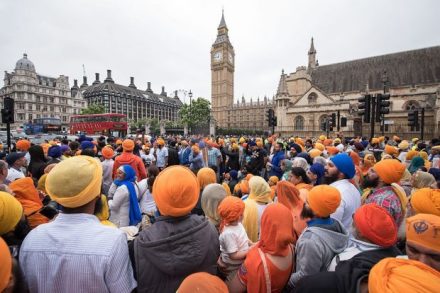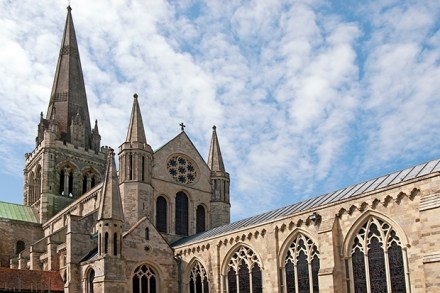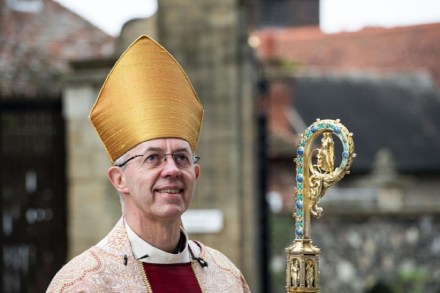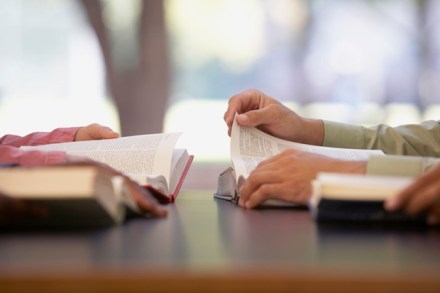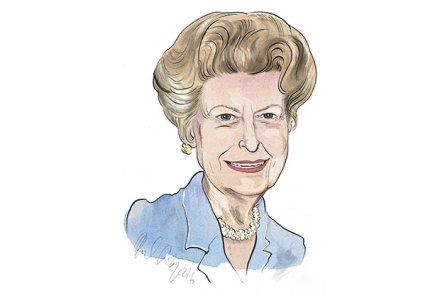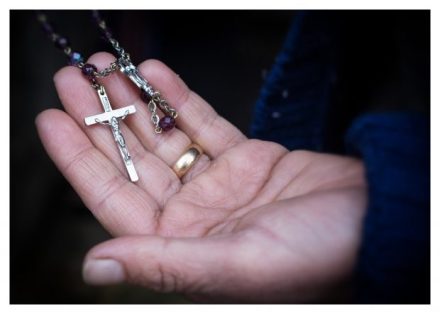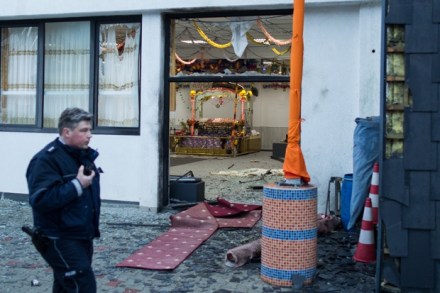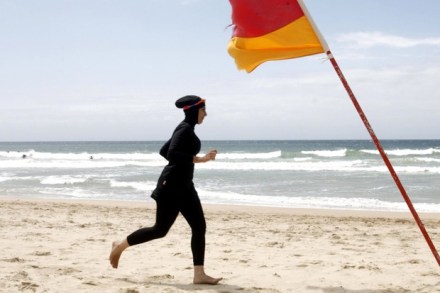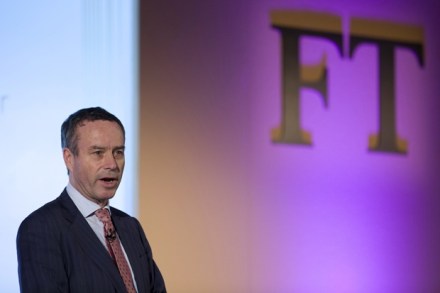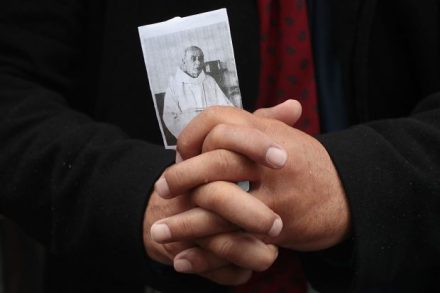It’s time the Government ended its silence on Sikh hate crime victims
On 15 September 2001, Balbir Singh Sodhi, a gas station owner, was arranging flowers outside his family business in Arizona. He had just returned from Costco, where he purchased some American flags and donated money to a fund for victims of 9/11. Moments later, he was shot dead. Sodhi, a turbaned Sikh, goes down in history as the first person killed in retribution for the Al Qaeda terror attacks. On his arrest, his murderer Frank Roque told police, ‘I’m a patriot and American.’ Fifteen years on, Sikhs, both in the US and Britain, are acutely aware that hate does not discriminate. And Sikhs, like Muslims, continue to face the backlash to
